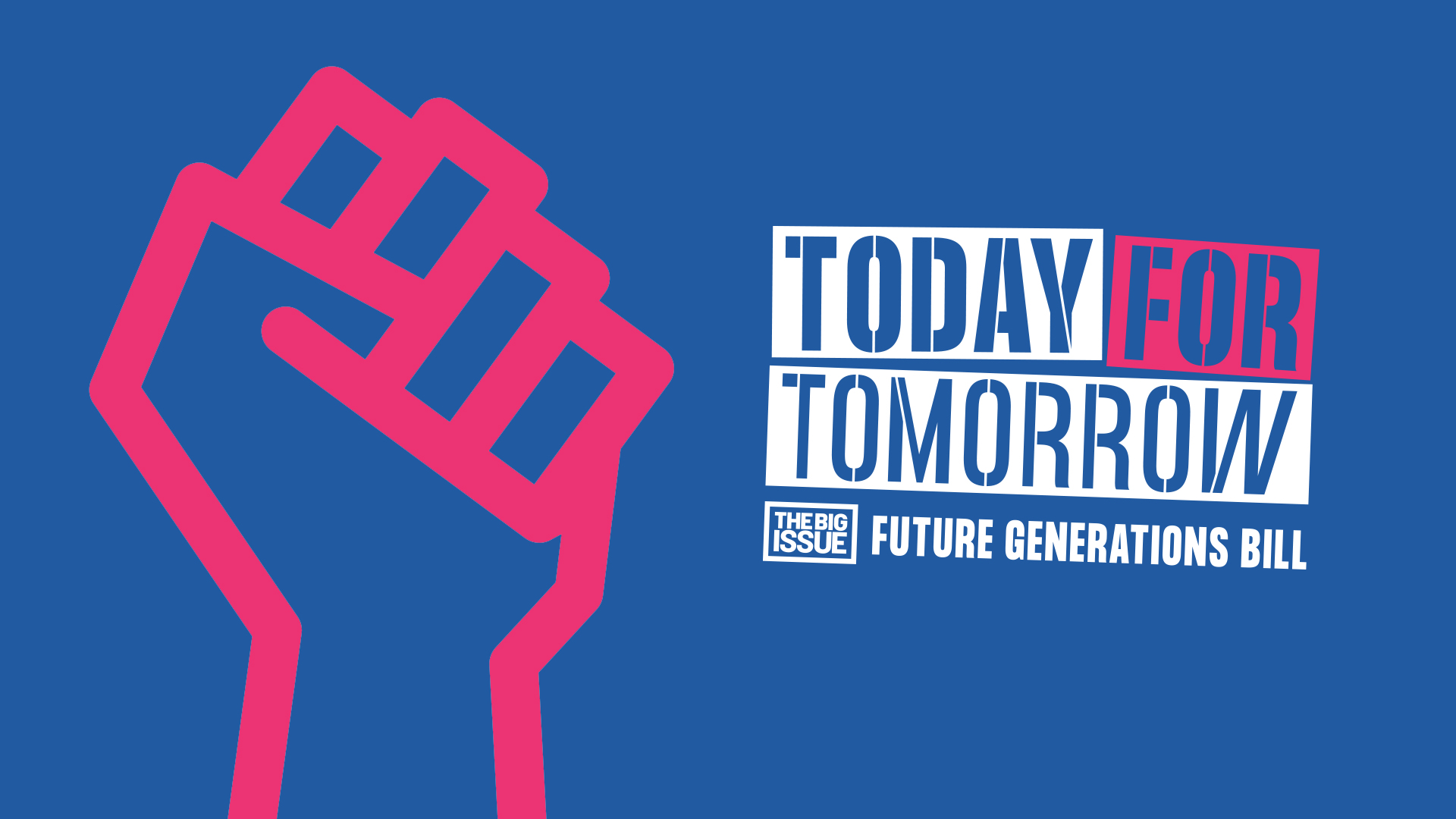(Sorry BBC; I’m sure there are other channels that do this thing but I only watch and listen to you. So it is only your empty ‘pretence’ news I know anything about.)
There is a vast part of news that is exactly the same. The amount of times we’ve ‘gone over to Number 10’, or to Parliament, to listen to someone standing in the cold who has absolutely no information to share with us. It is embarrassingand the reporter must climb into bed at night wondering what the hell they are being paid for.
Of course there could be some real news going on but TV so often surrounds it with people with microphones asking inane questions; for instance saying to people flooded out, what’s it like? Is that news gathering, or trying to stir up empathy? Then don’t call it news. Call it ‘empathy time’. And we could certainly do with more of that.
News creating has probably been so much a case of injecting our life with a lot of adrenalin that we have become indifferent to the real news. We are worn out by the emptiness of this breathless approach that gives us nothing for the long term.
Over Christmas I did not want to go on TV or radio to talk about homelessness because I knew that once Christmas was over, so would interest in homelessness be, for another year. The odd story, yes. But nothing really until the cold weather comes back next Christmas.
I’ll keep banging on about Future Generations because that’s what’s it’s all about
This is an abuse of the power of the media, choosing to tailor itself to empty comments on too many occasions. And embarrassing for those poor reporters having to stand around for hours before saying sweet Fanny Adams to the camera with great earnestness.
Advertising helps fund Big Issue’s mission to end poverty
The slow devaluation of public TV is not simply about the big issues as to who pays for it, or how it is paid. It is also about why it is that it is often so much puff. If it is so much puff, is this because the masters of public service TV think that’s what the public want?
Isn’t there a sense still that public service broadcasting is about – also – raising all our games? Putting us in touch with thoughtfulness and things to argue about? Or are our TV planners simply going to be chasing stuff that anaesthetises us from the slog of daily life? While Rome burns we bring on the fiddlers?
But then perhaps it is too hard to live today and we all need to bury ourselves in distractions. The mind-numbing Brexit debate, which is still not over, took the wind out of many of our sails. I certainly have been thinking more about art and nature, almost as an antidote. How many times have I walked about near our local river recently and looked at some ancient tree and said “It’ll still be here come Brexit or not.” And looking at birds catching grubs and thinking stupidly “I bet you don’t give a toss about Brexit and the Irish backstop.”
But we have to be serious and stop wondering if blackbirds or yellowhammers have an opinion on Brexit. My Wellbeing of Future Generations Bill awaits its second reading (the first was simply a nodding through). We begin the perhaps long process of trying to get policy and laws changed so that we don’t all act in the short term at the expense of the long term.
I leave you with a quote from Roger Scruton, the philosopher and historian who died last week: “Societies endure only when they are devoted to future generations, and they collapse like the Roman Empire when the pleasures and fancies of the living usurp the inheritance of the unborn.”
He was a right-winger, so not everyone’s cup of tea. But he did make you think. My only meeting with him was on theThe Moral Maze on Radio 4, when I kind of shut everyone up, including him. I was not elegant back then.
Advertising helps fund Big Issue’s mission to end poverty
I’ll keep banging on about Future Generations because that’s what’s it’s all about.
John Bird is the founder and Editor in Chiefof The Big Issue









